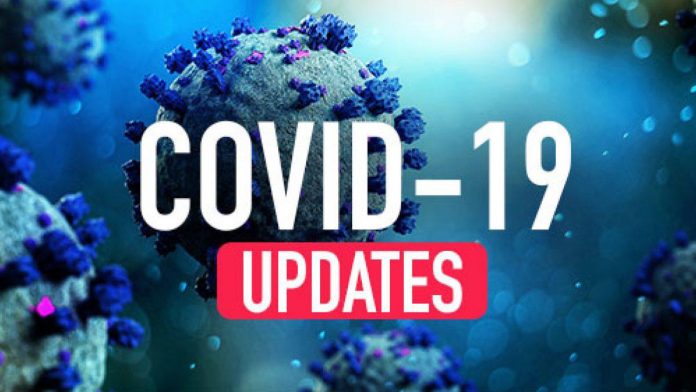UNITED STATES – A surging Covid-19 variant is gaining momentum during this holiday season, prompting increased concern among scientists.
As Americans prepare for festive gatherings, researchers are delving into the characteristics of the rapidly spreading JN.1 variant, which has become a dominant factor in the current surge in cases.
According to estimates released by the Centers for Disease Control and Prevention (CDC) on Friday, the JN.1 variant now constitutes over 20% of all Covid-19 cases.
During the CDC’s most recent Nowcast reporting period, infections linked to this variant ranged from 15% to 29% of all reported cases, marking a notable increase from the previous estimate of 8%.
The heightened prevalence of JN.1 suggests that it may possess higher transmissibility and greater ability to evade immune defenses, raising concerns about its potential impact.
Concurrently, hospitalizations and fatalities, key indicators of the spread of Covid-19, continue to rise, particularly in the Midwest and Mid-Atlantic regions.
This surge aligns with the seasonal trend of respiratory illnesses escalating during the winter months, as individuals gather indoors for holiday festivities.
Dr. Rebecca Wurtz, a professor at the University of Minnesota School of Public Health, commented on the situation, stating, “The narrative here is that JN.1 may be somewhat more contagious.” She attributed the spike in cases to the confluence of Thanksgiving celebrations and the onset of winter.
Importantly, there is currently no evidence suggesting that JN.1 causes more severe illness compared to other circulating variants. Existing Covid-19 vaccines and treatments are expected to remain effective against JN.1.
The continuous evolution of the Covid-19 virus, inherent to all viruses, results in the emergence of new variants. JN.1, initially identified in the U.S. in September, was previously classified as BA.2.86 or Pirola, a descendant of the omicron family.
While some early concerns were raised about the potential risks associated with omicron variants, recent CDC estimates indicate a decline in cases, contrasting with the surge caused by the original omicron variant in 2022.
Thus far, JN.1 does not seem to pose a heightened risk. Vaccination and prior infection are deemed effective in reducing the likelihood of severe illness from JN.1.
Dr. William Schaffner, a professor of infectious diseases at Vanderbilt University Medical Center, likens JN.1 and other subvariants to the offspring of omicron, suggesting that they will likely continue to dominate the landscape.
He emphasizes the importance of timely vaccination, particularly before engaging in activities such as shopping, attending religious services, traveling, or visiting older relatives who may be more susceptible to severe illness.
For individuals who are elderly, have chronic medical conditions, or are pregnant, Dr. Schaffner recommends the additional precaution of masking in densely populated indoor areas.
Experts stress that the rise of the JN.1 variant should not instigate panic. Dr. John Moore, a professor of microbiology and immunology at Weill Cornell Medicine in New York, assures the public that, unlike some pivotal events during the pandemic, the current situation does not qualify as a game-changing event.













